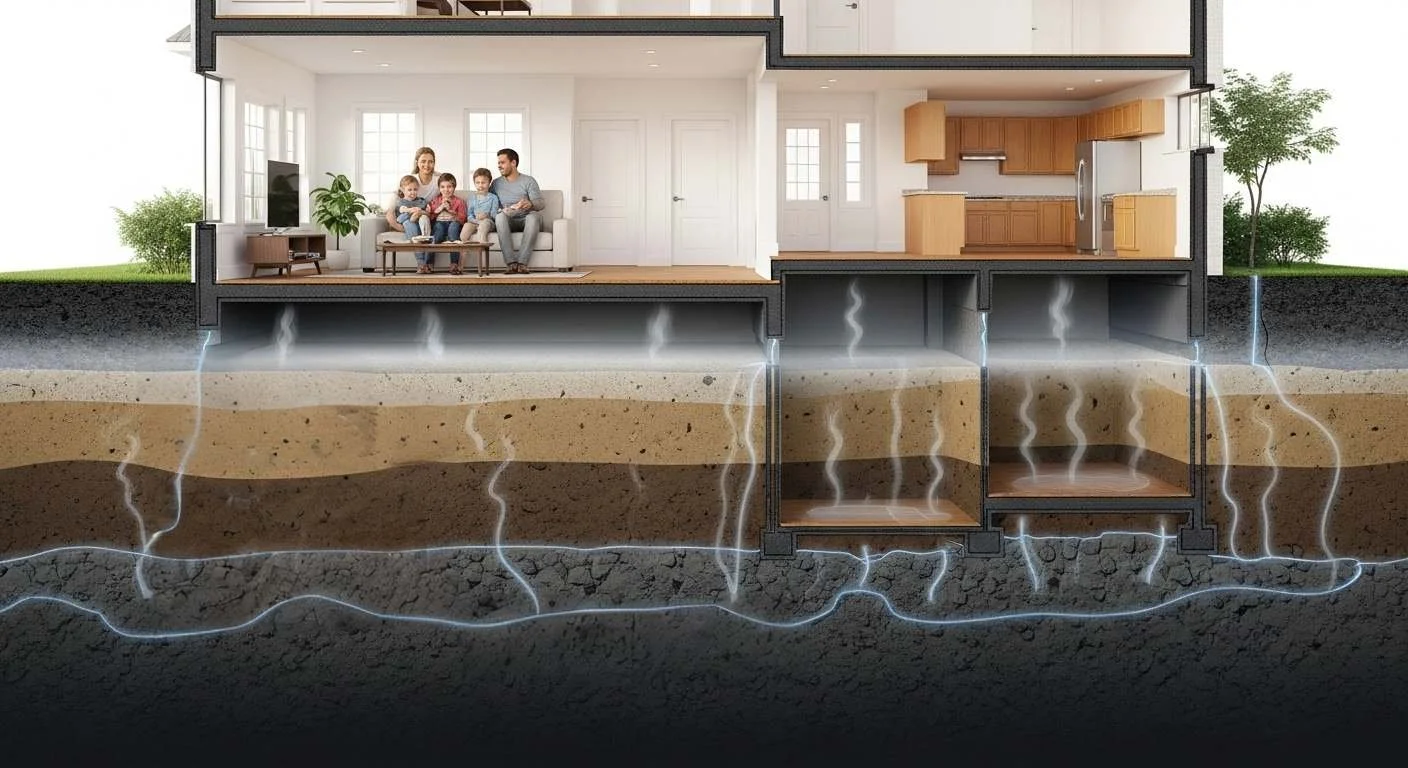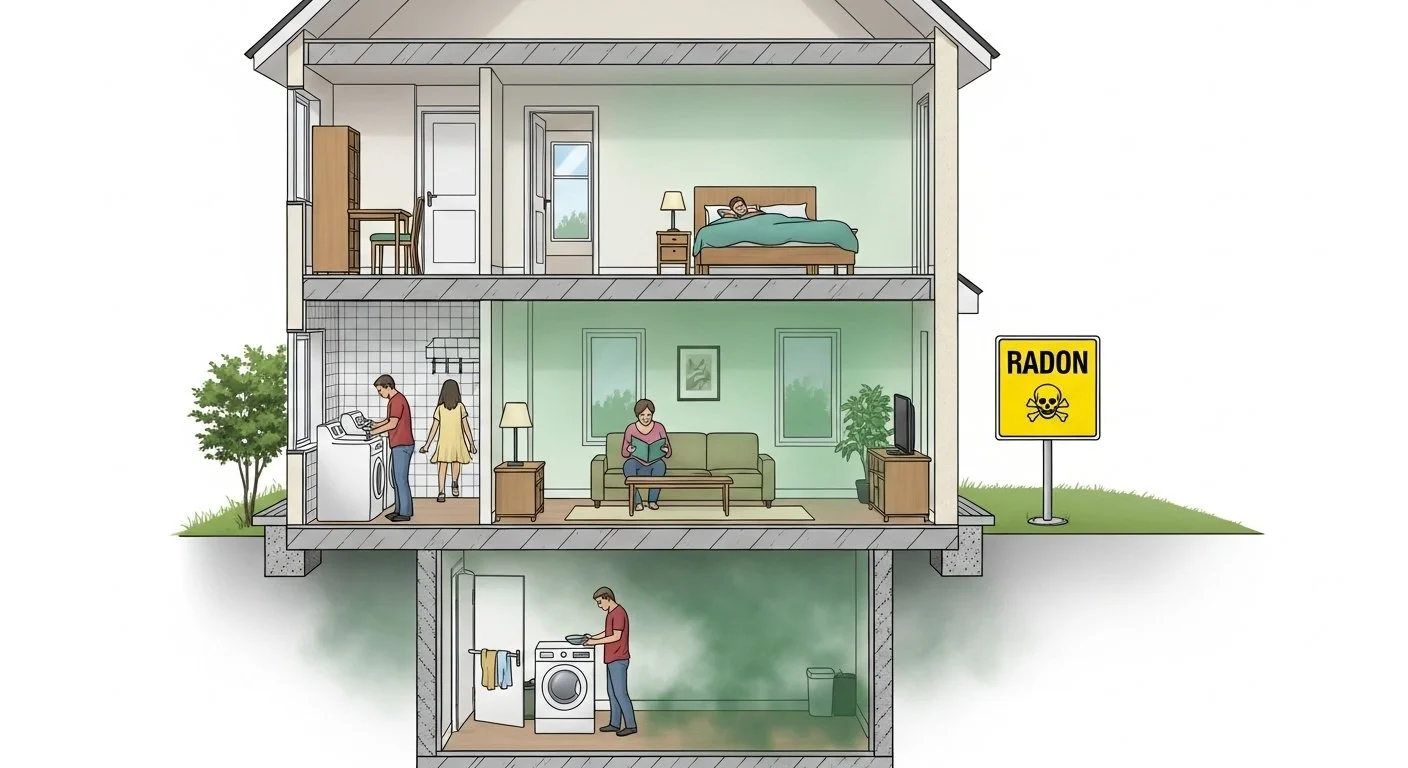The Importance of Radon Testing in Florida
When you think about home safety in Florida, you might consider hurricanes, flooding, mold, or
termites. However, there's an invisible threat that many homeowners overlook: radon. Radon is a
colorless, odorless radioactive gas that can pose serious health risks if accumulated in your home.
Despite Florida’s warm climate and coastal location, radon exposure is a real concern. At Kenco
Home Inspections, we believe that understanding the importance of radon testing is crucial for every
homeowner and buyer in Jupiter, Vero Beach, Broward County, and across Palm Beach County.
Let’s explore what radon is, why it matters, and how radon testing can help keep your family safe.
What Is Radon?
Radon is a naturally occurring radioactive gas produced when uranium in soil, rock, and water
decays. It seeps into homes through cracks in foundations, gaps around pipes, or other openings in
the building’s structure.
Long-term exposure to elevated radon levels can increase the risk of lung cancer—making it the
second leading cause of lung cancer after smoking.
Why Is Radon Testing Important in Florida?
Many homeowners assume that because Florida has a warm climate and high humidity, radon isn't a
concern. However, radon levels can vary widely regardless of geographic location.
Key reasons why radon testing is vital in Florida include:
● Radon is present everywhere: It’s found in all states, including Florida.
● Homes in Florida often have basements or slabs: These foundations can trap radon,
especially if there are cracks or poor ventilation.
● Water sources: Well water can contain radon, which can be released into the home air.
● Health risks: Long-term exposure to high radon levels significantly increases lung cancer
risk, even for non-smokers.
When Should You Test for Radon?
● During home purchasing: It’s highly recommended to include radon testing as part of
your home inspection process before buying.
● Existing homes: Even if you’ve lived in your home for years, testing is essential,
especially if your home is in an older building or has a basement.
● After major renovations: Construction can change airflow and ventilation, potentially
affecting radon levels.
How Is Radon Testing Done?
Radon testing is simple, non-invasive, and affordable. Certified inspectors use specialized devices,
such as:
● Short-term tests: Usually 2-7 days, providing quick results.
● Long-term tests: Over 90 days, offering a more accurate assessment of average radon
levels.
If elevated levels are detected (the EPA recommends action if radon exceeds 4 picocuries per liter,
pCi/L), mitigation systems can be installed to reduce radon concentrations.
Protect Your Family
Radon is a silent threat—there are no immediate symptoms or signs of exposure. The only way to
know your home’s radon levels is through testing.
At Kenco Home Inspections, we include radon testing as part of our comprehensive home
inspection services in Jupiter, Vero Beach, Broward County, and all of Palm Beach County.
Protect your loved ones by ensuring your home is safe from this invisible danger.
Radon testing is a small investment that can save lives. Don’t wait until it’s too late—schedule radon
testing today to ensure your home is safe. Whether you’re buying a new home or maintaining an
existing one, understanding radon levels is a critical part of your home health check.
Contact Kenco Home Inspections today to schedule radon testing and take a proactive step
toward home safety in Florida.
Contact Kenco Home Inspections today!



